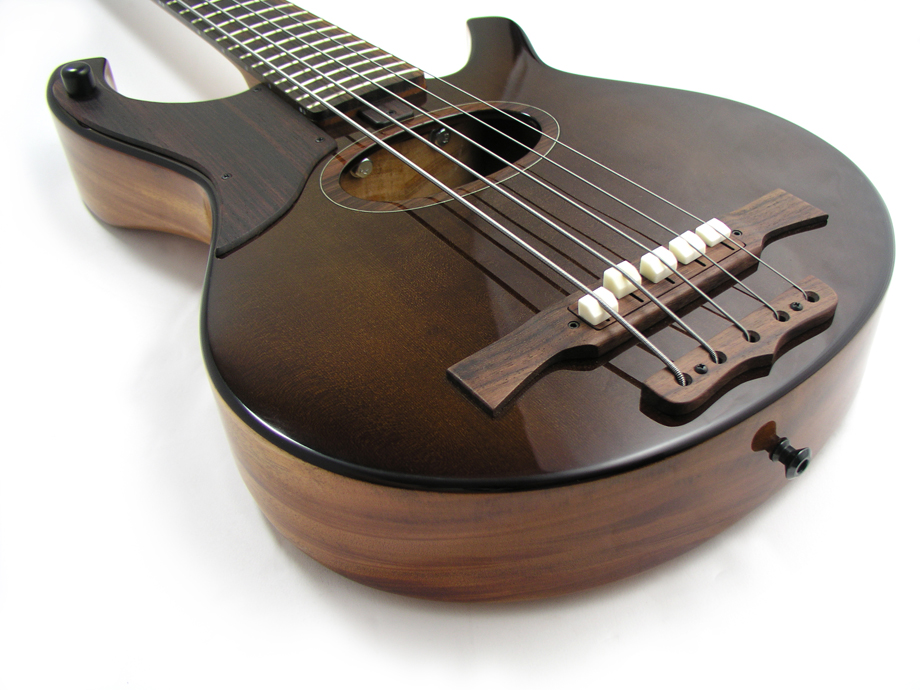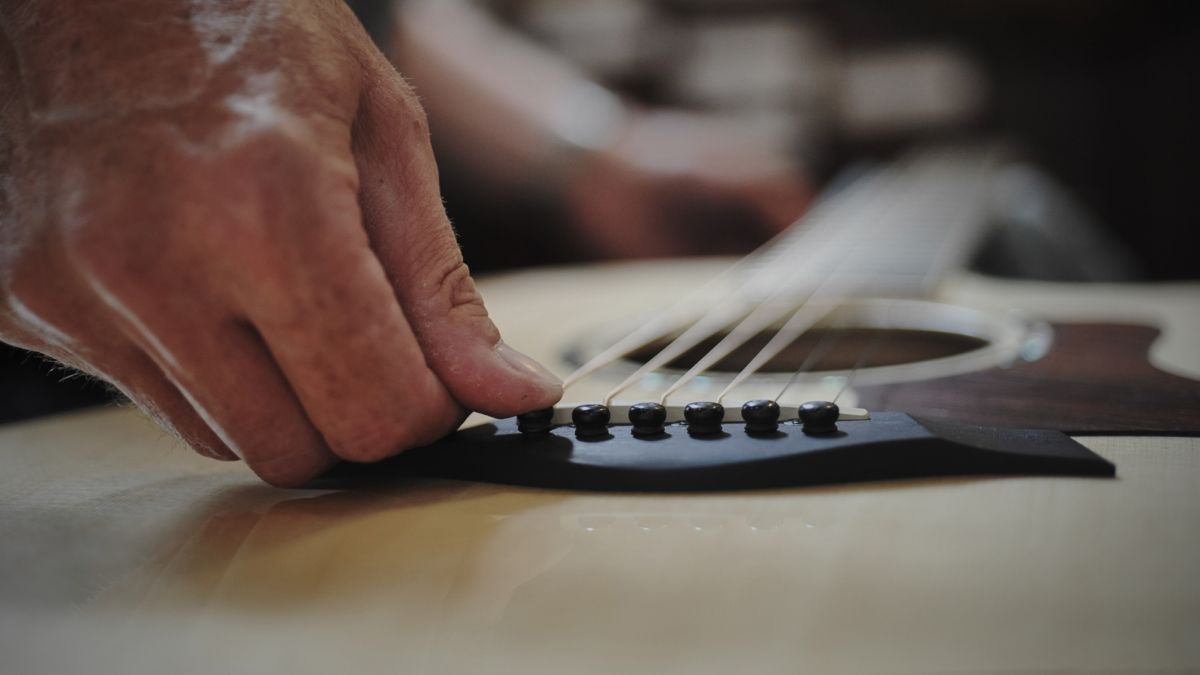Every guitar player understands the importance of a good set of strings. We’ve all probably heard the difference between good and cheap ones, and we’ve all definitely heard about the difference between fresh and old ones. Regardless, if it’s your first time buying new strings, you’ll come across two basic types – coated and uncoated. Understanding what guitar coating is about, and whether coated or uncoated strings are better for you can completely change your guitar playing experience.
Coated guitar strings were first introduced in the 90s, when many guitar players started looking for ways to preserve the longevity of their strings as constantly changing them was very inconvenient. Guitar players were frustrated about the fact that they had to change the strings after every few gigs, because the wrap wires were susceptible to corrosion from natural oxidation, sweat and the oils in the skin.
In order to tackle this issue, a lot of guitar strings manufacturing companies started creating strings that featured a thin layer of polytetrafluoroethylene, also known as Teflon. This thin layer helps prevent sweat, oils and oxygen from coming in direct contact with the wrap wire, which in turn minimizes corrosion.

So, coated strings last significantly longer than uncoated ones simply because they prevent the build up of grime and dirt, and they have corrosion resistant properties. But besides that, they reduce finger noise, which makes them ideal for acoustic players that use close miking techniques.
However, there are also disadvantages to using coated strings. For instance, they have reduced sustain and lower output, and some guitarists claim that their tone has a plastic character to it. This is because polytetrafluoroethylene limits the strings’ vibration, which after all is their main purpose. Additionally, coated strings have a different feel to them, and they may feel too slippery to some guitar players, while others may prefer them that way.
I personally enjoy playing on both coated and uncoated strings, depending on the occasion and the type of music I’m playing. With that said, there are a couple of things you can do to prolong the longevity of your uncoated strings, if you prefer them. For instance:
- Wash and dry your hands before playing, in order to remove dirt and any oil before you even touch the strings;
- Clean the strings with a soft cloth before and after using them, in order to remove accumulated sweat while playing;
- Keep the guitar in a case when not using it.
Not only will this increase their longevity, but it will also ensure they sound their best, without sacrificing sustain and output.
